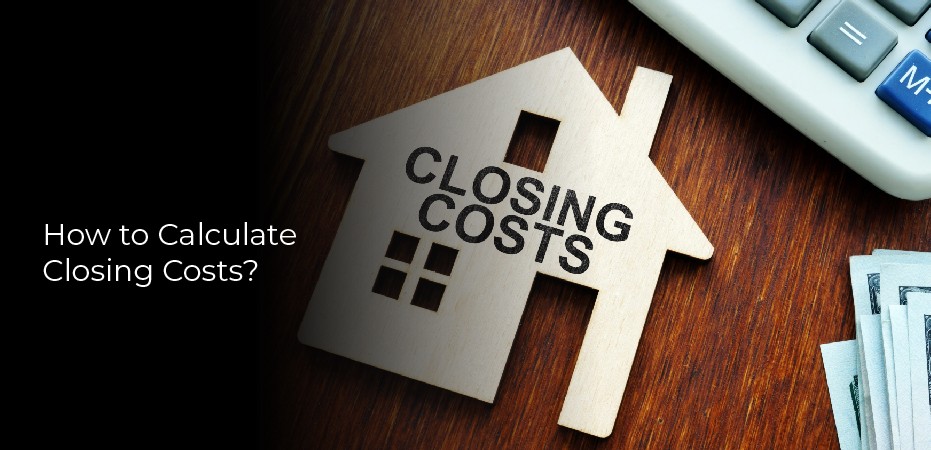How to calculate closing costs? Closing costs can seem like a daunting expense when buying a home, but understanding what they are and how to calculate them can help make the process a little less stressful. Here are a few tips on calculating your closing costs:
- Know the basics: Closing costs typically include fees for things like loan origination, appraisal, title insurance, and recording.
- Get an estimate: Your real estate agent or lender should be able to give you an estimate of what your closing costs will be.
- Compare estimates: Once you have an estimate from your agent or lender, compare it to the Good Faith Estimate that you should receive from your mortgage lender. This will help ensure that you’re getting an accurate number.
- Ask questions: If anything on your estimate is unclear, don’t hesitate to ask your agent or lender for clarification.
What Are Closing Costs?
When buying a home, be sure to factor in closing costs. These are the fees associated with finalizing your mortgage and transferring ownership of the property. Closing costs can vary significantly from one lender to the next, so it’s important to compare rates before selecting a mortgage.
On average, closing costs range from 2% to 5% of the purchase price of the home. For example, on a $250,000 home, you can expect to pay between $5,000 and $12,500 in closing costs. Keep in mind that these fees are just an estimate – your actual closing costs may be higher or lower depending on your situation.
To get an accurate estimate of your closing costs, contact a few different lenders and ask for a Good Faith Estimate (GFE). This document will itemize all of the fees you can expect to pay at closing.
Examples of Closing Costs
When you are buying a home, there are a lot of costs that come along with it. One of the biggest costs is closing costs. These are the fees that you have to pay to close on your home. Here are examples of closing costs:
The first example is the down payment. This is the money that you put down on your home when you first buy it. The more money you put down, the lower your monthly payments will be.
The second example is private mortgage insurance (PMI). If you put less than 20% down on your home, then you will likely have to pay PMI. This is an insurance policy that protects the lender in case you default on loan.
The third example is points. Points are fees that you can pay to lower your interest rate. Each point typically costs 1% of your loan amount.
How to Calculate Closing Costs
Closing costs can be a confusing and expensive part of buying a home, but understanding how to calculate them is essential to getting the best deal on your new property.
First, closing costs are typically a percentage of the total loan amount. So, if you’re taking out a $200,000 loan, your closing costs could range from $2,000 to $6,000.
Second, there are many different types of fees that make up the total closing cost figure. Some common fees include loan origination charges, appraisal fees, title insurance and escrow fees.
Third, it’s important to compare closing costs from different lenders before choosing one. Some lenders may charge higher origination fees but offer lower interest rates, while others may have lower upfront costs but higher overall closing costs.
Real Estate Investment
When it comes to real estate investment, closing costs are often one of the most forgotten expenses. However, they can eat into your profits if you’re not careful. Here’s a quick note on what closing costs are and how to avoid them.
Closing costs are the fees associated with buying or selling a property. They can include things like title insurance, appraisal fees, loan origination fees, and more. In most cases, closing costs are paid by the buyer. However, if you’re selling a property, you may be responsible for some of the seller’s closing costs.
To avoid paying too much in closing costs, work with an experienced real estate agent who can help negotiate them down. Additionally, be sure to get an estimate of all potential closing costs before you sign any paperwork.
Ins and Outs of the American Housing Market
The American housing market is a complex and ever-changing beast. For those looking to buy or sell a home, it’s important to understand the ins and outs of how the market works.
- The housing market is cyclical, meaning that prices will go up and down over time. There is no one perfect time to buy or sell, so it’s important to pay attention to trends and act when the time is right for you.
- Location is everything when it comes to real estate. A home in a desirable area will always be worth more than a similar home in a less desirable location.
- The state of the economy can have a big impact on the housing market.



